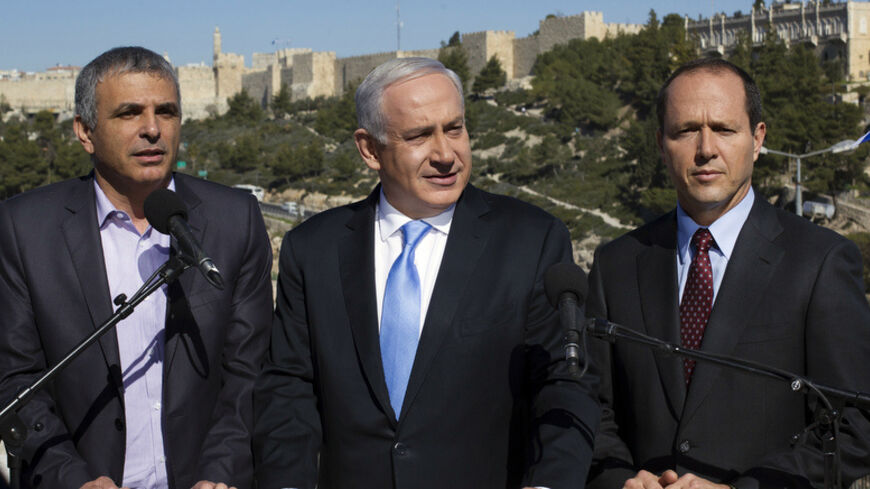In just a few weeks, former Minister Moshe Kahlon, the chairman of the new Kulanu Party, will reveal his party's list for the Knesset. According to some polls, the party will win at least 11 seats and be part of the next coalition.
Kahlon emerged from the Haifa branch of the Likud in the 1990s. He was first elected to the Knesset in 2003, following a vote by the Likud’s Central Committee. In the two next elections, he continued to rise and was promoted by the party's apparatus on the Likud's Knesset list. In 2006, he was elected by the Likud Central Committee to the No. 1 slot on the list, and in 2009 he was chosen for the well-respected No. 5 slot. After those elections, in which the Likud returned to power, he was appointed minister of communications and social affairs. The cell phone reform project that he advanced made him the most popular politician not only in the Likud, but among the general public, and he garnered a reputation as a bold social warrior.



